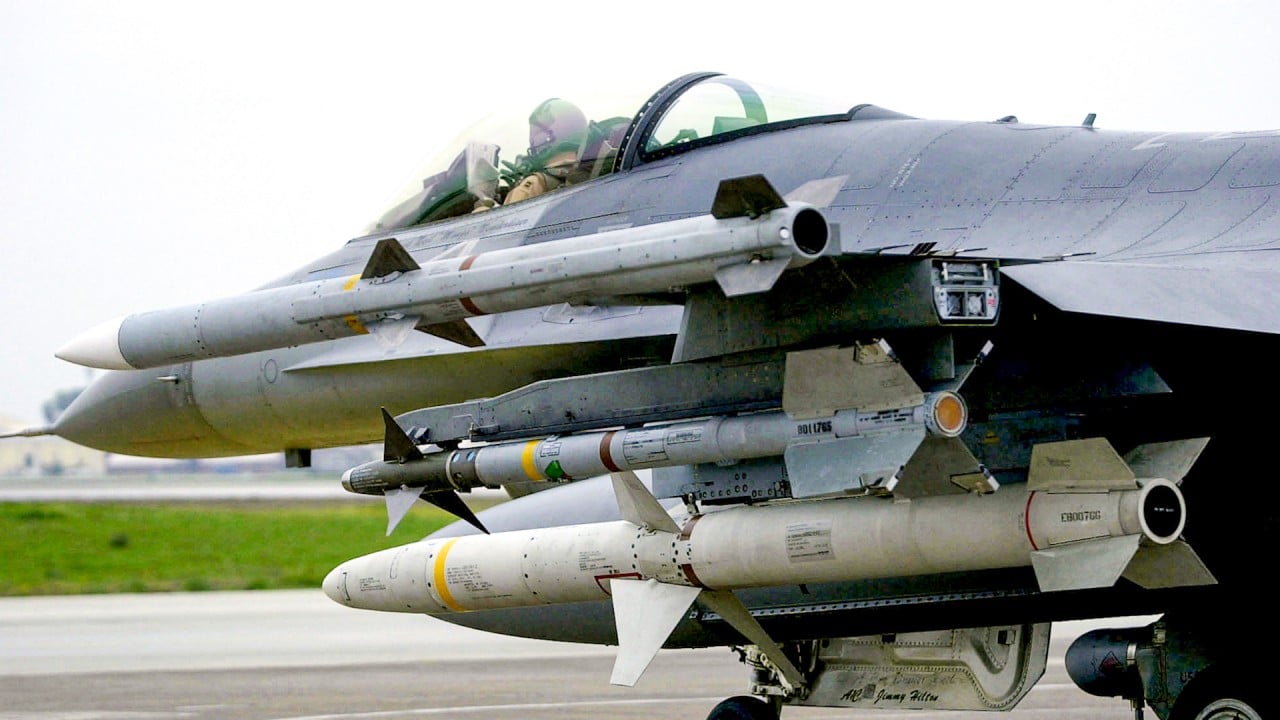
Former China adviser to Trump praises Antony Blinken for saying Beijing may supply arms to Russia
- ‘I have to believe that [Blinken] would not have made this public unless … he had high confidence in it,’ Matthew Pottinger says
- China denies the claim, but if it is true, ‘Beijing may believe that it has an interest in prolonging the war as long as possible’
A former top official on China in the Donald Trump administration praised US Secretary of State Antony Blinken on Monday for publicising the White House’s concern that Beijing is considering supplying lethal aid to Russia in its war on Ukraine.
“I actually commend [Blinken] for calling out Beijing’s plans publicly,” said Matthew Pottinger, the top Asia adviser on Trump’s National Security Council. “I have to believe that [Blinken] would not have made this public unless he believed that he had high confidence in it.”

“It means that Beijing is really looking to see whether it can find ways, covert ways, to move all that equipment that Russia needs into that conflict,” Pottinger, now a visiting fellow at the Hoover Institution, added.
China has repeatedly denied the claim, accusing Washington of spreading “false information”.
China’s possible involvement has become one of the most important factors in determining how long the war in Ukraine will continue. Russian President Vladimir Putin has shown no inclination to stop even though Ukraine’s military has so far held off the invasion.
With the US and other Nato member nations assisting Ukraine’s efforts with missile systems, ammunition and commitments to send advanced tanks, the possibility of Beijing entering the fray with lethal military hardware raises the prospects of a deeper conflict pitting Beijing and Moscow against Washington and its allies.
“I think that Xi Jinping’s original hope was probably very much aligned with Putin’s … for a very rapid victory by Russia over Ukraine,” Pottinger said.
A year later, he continued, “Beijing may believe that it has an interest in prolonging the war as long as possible to drain Western attention, Nato attention … to create a more favourable strategic situation in the western Pacific, including around Taiwan”.
Pottinger’s concerns echoed those voiced by another Trump-era official. Fiona Hill, who served as the director for European and Russian affairs at the National Security Council under Trump, told the Senate Armed Services Committee last month that Beijing may be looking to prolong the Ukraine war.

“China has no interest in Russia losing in this war, and might in fact have a vested interest in this war going on in Ukraine as long as possible, because it does take up a large amount of equipment and armaments, particularly ammunition and then the increasing demands from Ukraine … for other equipment,” said Hill, now a senior fellow at the Brookings Institution’s Centre on the United States and Europe.
Pottinger has supported robust efforts to counter Beijing’s more assertive posture on Taiwan, but said he would not recommend putting the island under the US “nuclear umbrella”.
“There are conventional means to deter an ill-advised war that Xi Jinping is clearly considering right now,” Pottinger said.
“We need to start talking about the ways that Beijing may seek to threaten escalation dominance – including all the way up the ladder to nuclear – and some of the things that we would do and then our allies would do.
“I don’t think that it’s necessary to take the step of of declaring proactively that Taiwan is under our umbrella,” he added. “Remember, we’re trying to maintain the status quo; we’re not trying to change it.”


